-
•
•
84 responses
Since Time named its Person of the Year this past week, and named a religious figure at that, it must be time to select the Mormon of the Year. Read More
-
•
•
7 responses
I hope you have seen the recent public announcement of the initiative to use the Gospel Topics section of LDS.org to essentially do what we have been calling “inoculation” for the last ten years (see here for a list of links to Bloggernacle posts on the topic). The three short video interviews of General Authorities listed at the top of the Gospel Topics page (identified with titles like “How will Gospel Topics be enhanced?” rather than identified as GA interviews) give additional details about the initiative. While there is a lot of ground to cover, this is a very promising… Read More
-
•
•
3 responses
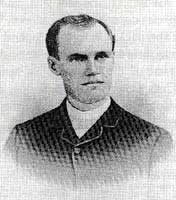
Finding Mormon poetry that talks about Christ is not hard at all. In fact, of all the Mormon poetry that I’ve read (considering only poems written by Mormon authors), the number of poems about Christ surpasses by far the number of poems about any other single individual. If this is a good proxy for what Mormons believe, then there is no doubt: Mormons worship Christ, not Joseph Smith. But the final Lorenzo Snow lesson for the year focuses on the mission of Christ, mentioning also that he has visited the earth in the latter-days and will come again. That particular… Read More
-
•
•
12 responses
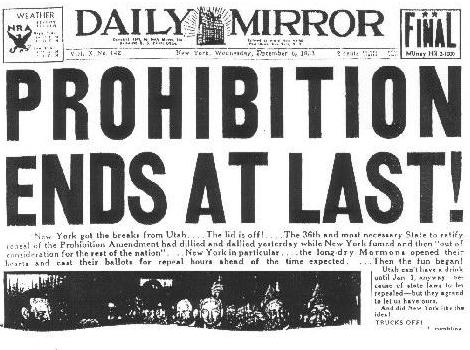
The Twitters tell me that 80 years ago today, Utah became the 36th state to ratify the 21st Amendment, thus ending Prohibition. Whatever you think about Prohibition, it’s probably worth noting the Pres. Grant was not a fan of its end. In fact, he addressed the end of Prohibition—and Utah’s role in ending it—at General Conference in 1934. Here’s an (annotated by me) excerpt of what he said: Read More
-
•
•
17 responses
This is the third of three posts on the atonement (see here and here). What effect, if any, does the atonement have on your day-to-day life? Does it change how you think, how you feel, or how you act? I think most Latter-day Saints would agree that the atonement is not simply about something that will happen at some distant point in the future (Judgment Day) when, thanks to the atonement, one might be pronounced sinless and eligible to enter a resplendently glorious celestial world instead of being cast down to hell, away to outer darkness, or off to a… Read More
-
•
•
3 responses
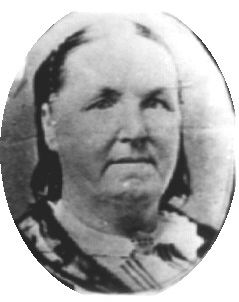
There is no shortage of poetry about Joseph Smith, the subject of lesson 23 of the Lorenzo Snow manual. But Snow’s views on Joseph Smith are focused not on his martyrdom or on his role as the initial prophet of this dispensation. Instead, Snow focuses on Joseph Smith’s character—an unusual subject for the early Mormon poetry I’ve collected so far. But the following poem does briefly mention some of Joseph Smith’s character traits: Read More
-
•
•
Perhaps the most difficult issue in discussing the idea of Zion is defining exactly what we mean. Even though D&C Gospel Doctrine lesson #46 is titled “Zion—The Pure in Heart,” its first section is titled “The word Zion has several meanings” and lists no less than six. Of these, I’ve seen evidence in Mormon poetry for two or three definitions. First, the early Mormon poets used Zion in a millennial sense, to mean “The New Jerusalem.” They also used ion to mean “The dwelling place of those who are exalted,” or perhaps even simply “Those who are exalted.” And, from… Read More
-
•
•
8 responses

Last week I posted The Atheological Atonement, noting that the LDS Church affirms the atonement but not any particular theory of the atonement, and suggesting this is actually not a bad “official” position for the Church to take. This post takes a different approach: if the Church were to move towards a publicly stated theory of the atonement, in which direction should it move? I will be relying on Gustaf Aulen’s (1879-1977) fine little book Christus Victor: An Historical Study of the Three Main Types of the Idea of Atonement (Macmillan Co., 1966; American edition, 12th printing, trans. by A.… Read More
-
•
•
22 responses
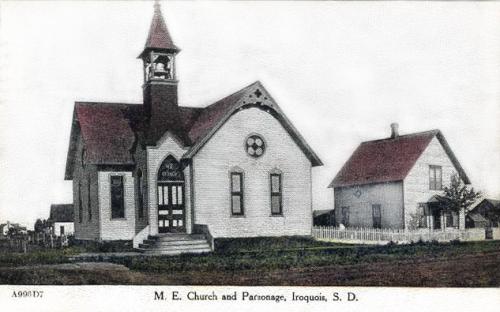
On Thursday, November 21, the district court of the Western District of Wisconsin declared (part of) the parsonage exemption—a special tax provision for certain religious persons—unconstitutional. Read More
-
•
•
6 responses

Sometime in late 2003 or early 2004, Steve Evans told me I needed to check out his[fn1] website: rameumptom.blogspot.com. At the time, the nascent bloggernacle was so young that By Common Consent didn’t yet have a name (I think the name was voted on sometime during that first year). He may have also pointed me to Times & Seasons, or I may have found it linked on his blog. But I found T&S at approximately the same time. Read More
-
•
•
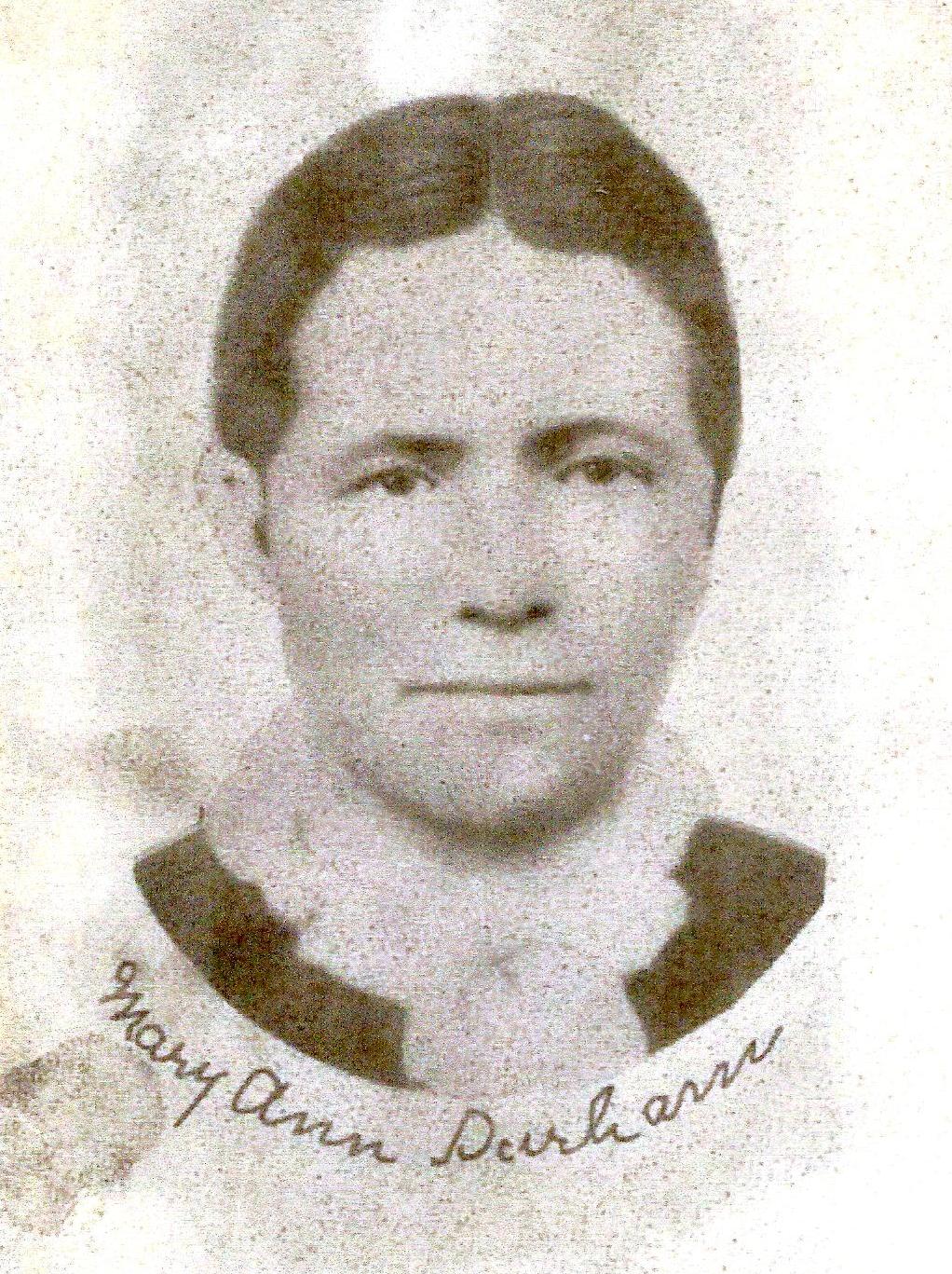
The Mormon conception of marriage is central to our theology and understanding of the next life. We see marriage as the beginning of eternal families, and a key element of eternal progression. Doctrine and Covenants Gospel Doctrine lesson #45 explores this belief, but, I think, doesn’t quite get at how or why marriage might be so central to eternal life. The following poem may explain somewhat. Read More
-
•
•
5 responses
Ten years is a long time, even in the real world. When Adam put up the first Times and Seasons post on Nov. 19, 2003, there was no WordPress. There was no Bloggernacle. There were just six T&S permabloggers (Nate, Matt, Adam, Kaimi, Greg, and Gordon) and a handful of commenters. Those were the days. Below are links to fifteen or twenty representative posts from the first year, with a few commenter names thrown in to give credit to the early followers of the blog. Read More
-
•
•
Mormons believe in being good citizens, and Doctrine and Covenants Gospel Doctrine lesson #44 discusses a little how that is supposed to work. We are supposed to participate, obey the law and to serve others in our communities. But are there limits on this responsibility? How much should we give to our communities? Are there limits on the sacrifice we should make? Things we should not do? In the following poem, Eliza R. Snow lauds those who serve the Nauvoo community, in response to a very real need at the time: defense against mob violence. And some of the Nauvoo… Read More
-
•
•
2 responses
Its been a decade or more since practicing “random acts of kindness” became a kind of fad here in the U.S. I’ve always liked the concept, and I’ve practiced it on occasion. But I don’t think its a substitute for the kind of doing good to others that Lorenzo Snow manual lesson #22 is talking about. While “random acts of kindness” might be a starting point, its no substitute for “mourning with those that mourn” or “comforting those that stand in need of comfort.” Perhaps the difference between the random, transitory nature of the “random acts of kindness” fad and… Read More
-
•
•
What exactly is the “whole armor of God?” Lesson 43 of the Doctrine and Covenants Gospel Doctrine manual explores this concept, drawing from D&C 27:15-18, and its inspiration, Ephesians 6:13-18. But while both these scriptural texts point to principles that represent various pieces of body armor, its sometimes hard to see how these principles actually protect us. If we look at an actual struggle, what pieces of armor will we see in use? The following poem may provide some insight. Read More
-
•
•
7 responses
![The Death of Ishmael[fn1]](https://timesandseasons.org/wp-content/uploads/2013/11/jewish-tombstone.jpg)
Early in the Small Plates of Nephi, Ishmael and his family join Lehi and his family in the wilderness. In spite of their likely close proximity, though, we don’t know much about Ishmael.[fn2] Nephi and his brothers found favor in Ishmael’s sight. Although at various times Ishmael’s sons and daughters act for or against Nephi, we don’t have any sense about where Ishmael falls in the Laman & Lemuel/Lehi & Nephi continuum. Read More
-
•
•
9 responses
I’m usually a little uncomfortable when we discuss the evils of the world, as happens in Teachings of Lorenzo Snow lesson #21. Its not that I don’t see evil in the world, but its that I also see good there. And the optimist in me even sees some progress—the world getting better than it was. The following poem makes me wonder if the whole dichotomy of the world v. the kingdom of God should be seen in another way. Is the problem not, in part, that the world doesn’t see life from an eternal perspective? Is the world focusing on… Read More
-
•
•
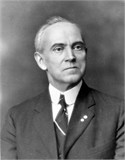
The Mormon belief in continuing revelation (the subject of Doctrine and Covenants Gospel Doctrine Lesson #42) is rare if not unique among Christian religions, and it is one of the features of Mormonism most promoted. What is perhaps less discussed is the range of meanings of this term in Mormonism. We use it to mean everything from impressions each of us receive personally to written documents produced by the Prophet and accepted by the body of the Church as scripture. Revelation is perhaps most effective when it leads to a significant change in our behavior, or the behavior of the… Read More
-
•
•
One response
The idea that every member is a missionary depends on a certain kind of commitment to the Church. For the Church to make the kind of progress outlined in D&C Gospel Doctrine Lesson 41 missionaries, even member missionaries, must be willing to make the sacrifices necessary. Recently, the level of commitment that some missionaries end up making has been very public — the Church seems to have switched policy and made public information about missionaries who died in the field. At last report the number who have died is up to 12 (probably fewer than the number of currently serving… Read More
-
•
•
5 responses
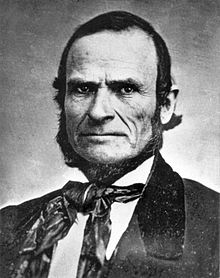
Temple and Family History work (discussed in Gospel Doctrine lesson #40) are perhaps the most unique of LDS doctrines. The doctrine behind them solves both the problem of making salvation universally available and the need for high-church ceremony in a religion that focuses on low-church ideals in its regular worship. The origin of this doctrine appeared in Mormonism in late 1840, and by the following year it was popular enough that it was the subject of the following poem. Read More
-
•
•
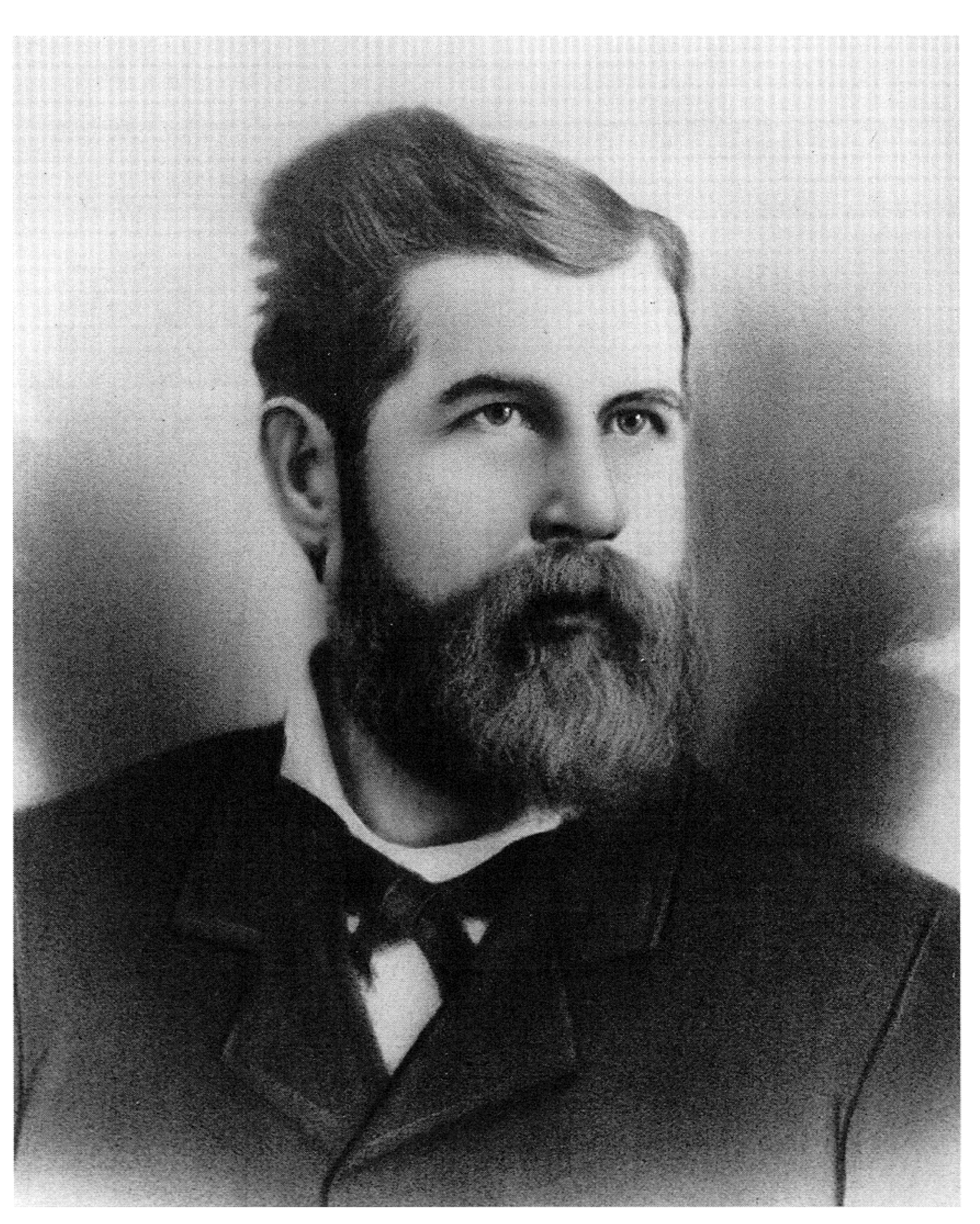
We often use the phrase “a marvelous work and a wonder” to describe the restoration and subsequent spread of the gospel across the earth. And this work is marvelous and wonderful, as lesson 20 of the Lorenzo Snow manual discusses. As a story it has conflict and drama and surprise. And it is, I think, easy to see the hand of God moving the work forward. It may be, however, that the work doesn’t move forward in a straight line, continually growing and improving. Our history shows, I think, some steps back, times when problems led many to leave the… Read More
-
•
•
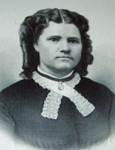
The doctrine of baptism for the dead is unique to Mormonism among religions today. Our focus on performing ordinances on behalf of those who haven’t been part of the Church in this life leads us to genealogical research to discover enough information to distinguish between individuals, and sometimes even allowing us to discover who our ancestors were—what kind of people they were and what were they like. While our family history efforts are rightly focused on getting temple work done for our ancestors, we should find value also in getting to know those ancestors, and in that way building eternal… Read More
-
•
•
41 responses
Conductinng: Elder Henry B. Eyring Elder Quentin L. Cook: Lamentations of Jeremiah: Beware Of Bondage Turning from the worship of the true and living God and worshipping false gods like wealth and fame and engaging in immoral and unrighteous conduct result in bondage in all its insidious manifestations. These include spiritual, physical, and intellectual bondage and sometimes bring destruction. Bondage, subjugation, addictions, and servitude come in many forms. They can be literal physical enslavement, but can also be loss or impairment of moral agency that can impede our progress. Addictions that impair agency, contradict moral beliefs, and destroy good health… Read More
-
•
•
President Dieter F. Uchtdorf conducting. President Henry B. Eyring: To My Grandchildren I have seen those same tears of happiness in the eyes of someone who recounted the words of an apostle of God: He had said to her, after a searching and tender interview: “I forgive you in the name of the Lord. He will forgive you in His own time and in His own way.” And He did. Read More
-
•
•
President Henry B. Eyring conducting. Elder L. Tom Perry: The Doctrines and Principles Contained in the Articles of Faith This doctrine is to the Church like a battery is to a cell phone. When you remove the battery from your cell phone it becomes useless. A church in which true doctrine is no longer taught is similarly useless. It cannot guide us back to our Heavenly Father and our eternal home. Read More
-
•
•
President Uchtdorf conducting. President Henry B. Eyring: Sustaining votes of the General Authorities and Church Officers Read More
-
•
•
2 responses
President Eyring conducted this opening session. President Thomas S. Monson: Welcome to Conference I am happy to announce that two weeks ago the membership of the Church reached fifteen million. It has scarcely been one year since I announced the lowering of the age of missionary service. Since that time, the number of full-time missionaries serving has increased from 58,500 in October 2012 to 80,333 today. What a tremendous and inspiring response we have witnessed! Now is the time for members and missionaries to come together, to work together, to labor in the Lord’s vineyard to bring souls unto Him.… Read More
-
•
•
Lorenzo Snow lesson 19 highlights several purposes for missionary work in its collected statements from Snow’s discourses. Clearly bringing the gospel to others is the chief purpose of this effort. Snow also suggests in these statements that missionary work is a sacrifice that missionaries make when they are sent out into the world. Perhaps the sacrifices that Snow himself made taught him the value of missionary work and the sacrifices made. Snow’s sister evidently thought these sacrifices were important, since she made them the subject of the following poem. Read More
-
•
•
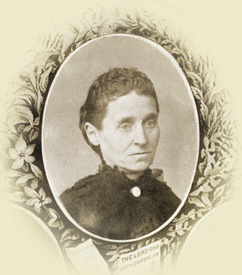
Often when we discuss the principles of welfare today, we talk as if the whole idea of welfare developed in the 1930s, along with the current program. In reality, before the current program caring for the needy, poor and promoting self-reliance were largely the purview of the Relief Society. And so it is a Song of the Sisters of the Relief Society (familiar today since it is the poem on which the current hymn, As Sisters in Zion, is based — Julie also posted here on Times and Seasons about this poem) that I present below to help us understand… Read More
-
•
•
3 responses
In Mormonism our definition for the term Prophet is usually more specific than that employed outside of the Church. To us, a prophet is not only someone who has been inspired to prophesy, but it is also the president of the Church, the leader called to preside over the membership, the person who is to receive revelation for the Church, the chief teacher and the chief person who testifies of our Savior. There are other prophets, but we focus on THE Prophet. We didn’t always mean this in quite the same way–at least before 1848 THE Prophet was Joseph Smith,… Read More
